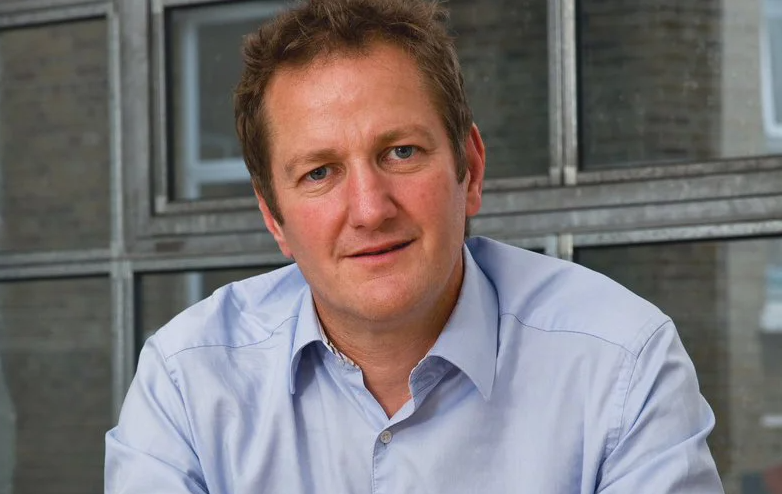Escalating demand and financial constraints amid the cost-of-living crisis are forcing charities to turn people away, create waiting lists and consider charging for support, a survey has warned.
Less than a third of charities surveyed said they have the capacity to help more people during the current economic situation.
Among those at full capacity a half are having to prioritise support to those most in need, while more than a quarter have created a waiting list.
Almost one in ten have closed their doors to new referrals, a quarter are scaling back their organisation to focus on core provision and one in seven are considering charging fees for their services.
Two fifths are having to signpost those in need to other organisations, the survey of more than 650 charities carried out by Charities Aid Foundation in December found.
One children’s support service in the South East said, “the overall picture for our charity is uncertainty and anxiety”, while a North of England charity tole researchers that they are “stuck in a vicious circle that we are trying to break out of”.
Another charity surveyed, which supports people with autism, said it takes just two minutes to fill 50 spaces when it opens its waiting list to new referrals.
Meanwhile, a poverty relief charity in London said: “It seems relentless. More and more people come to us in even greater need and staff feel helpless to support them all. Those same staff are also struggling themselves.”
Elsewhere, the survey found that three in five charities are having to do more with less than a year ago and two fifths are plundering their reserves to meet operational costs.
“Many charities are stuck in a Catch 22 situation,” said Charities Aid Foundation chief executive Neil Heslop.
“They face higher demand, while struggling with declining income, and significantly higher costs. Despite being the last port of call for the most vulnerable in our society, they are having to make very difficult decisions to introduce waiting lists, charge fees or turn people away who desperately need their help.
He is calling on the government for further support to prevent charities closing as they struggle to cope with demand.
“The pandemic and support in the Chancellor’s 2023 Budget brought stop-gap solutions, without which many more charities would have folded.
“But with charities facing significant uncertainty, we need government to take the lead and introduce a turnaround plan to support a strong charity sector and thriving civil society for the future.”
Already this year two charities have closed, citing economic challenges. These are Autism Understanding Scotland and homelessness support charity House of St Barnabas.
Latest News
-
King visits charity founder days before she dies to invest her as a Dame
-
2025: Most-read opinion, diaries, Q&As and more
-
Arrests made in global charity donation theft probe
-
2025: Most-read news
-
Regulator probes ‘serious and significant’ safeguarding failings at Christian charity
-
Government seeks experts to join Civil Society Covenant body
Charity Times video Q&A: In conversation with Hilda Hayo, CEO of Dementia UK
Charity Times editor, Lauren Weymouth, is joined by Dementia UK CEO, Hilda Hayo to discuss why the charity receives such high workplace satisfaction results, what a positive working culture looks like and the importance of lived experience among staff. The pair talk about challenges facing the charity, the impact felt by the pandemic and how it's striving to overcome obstacles and continue to be a highly impactful organisation for anybody affected by dementia.
Charity Times Awards 2023
Mitigating risk and reducing claims

The cost-of-living crisis is impacting charities in a number of ways, including the risks they take. Endsleigh Insurance’s* senior risk management consultant Scott Crichton joins Charity Times to discuss the ramifications of prioritising certain types of risk over others, the financial implications risk can have if not managed properly, and tips for charities to help manage those risks.
* Coming soon… Howden, the new name for Endsleigh.
* Coming soon… Howden, the new name for Endsleigh.
Better Society

© 2021 Perspective Publishing Privacy & Cookies











Recent Stories